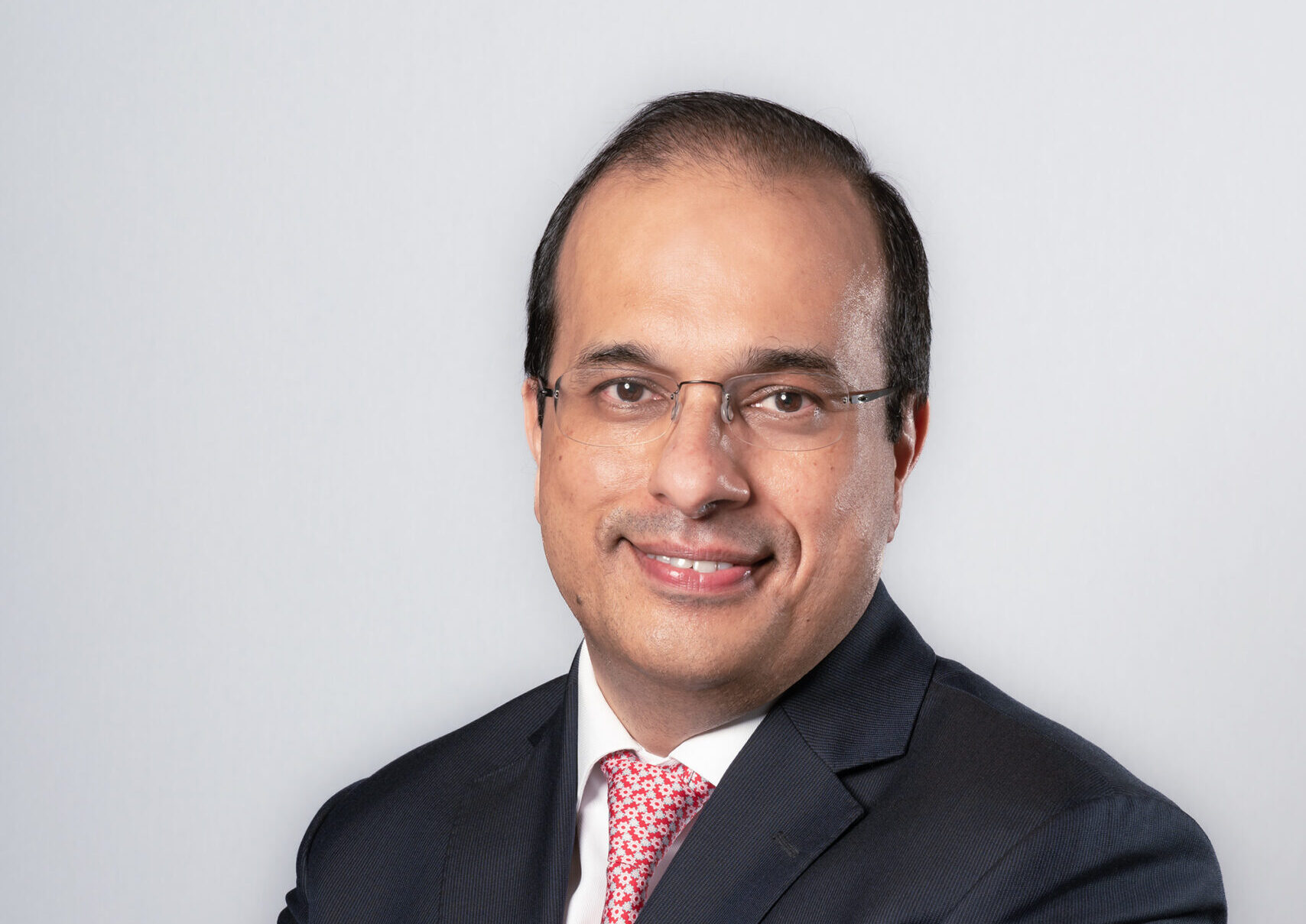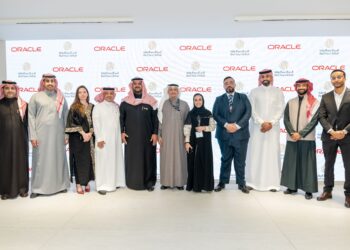Family businesses in the region have displayed considerable resilience in dynamic and unpredictable environments with their transgenerational entrepreneurial spirit, pursuit of innovation and proactiveness. This is according to the latest Family Business Report by KPMG Private Enterprise and STEP Project Global Consortium, which surveyed 2,439 family business leaders across the world, including the UAE.
The findings of the study ‘The Regenerative Power of Family Businesses’ are especially relevant for the UAE, where family-owned businesses account for about 90% of private companies, contributing to about 60% of the country’s GDP and 80% of the nation’s workforce. Furthermore, more than a third (38%) of UAE businesses are still chaired by the first generation, 47% are run by the second generation, and 15% are managed by the third generation or older.
The study identified the continuity of the entrepreneurial spirit, which drives competitive advantage over multiple generations, as a critical factor for success, along with proactiveness. Regional family businesses were found to display these traits – as the study showed that risk-taking was more prevalent in the Middle East & Africa and the Americas than in other regions.
Interestingly, these were also the two regions where family businesses reported the highest overall levels of entrepreneurial orientation and where it appears there is a strong opportunity-seeking mindset among family businesses. Innovativeness, by investing in research and development, creating innovative products, services, and processes, and identifying untapped markets for generating entirely new revenue streams also emerged as a key area of interest among successful family businesses.
Anurag Bajpai, Partner and Family Business Leader at KPMG Lower Gulf said: “UAE family businesses are engines of economic growth as the country strengthens its resilience. This year’s edition of the study shows that there is growing acceptance among UAE family businesses that next-generation family members must be given opportunities to take risks and make judgments on their own and take on new innovations. We are also seeing the new generation playing a key role in accelerating the adoption of new technologies to advance their businesses and respond quickly to changing market demands.”
The study found that next-generation leaders, particularly young women, are digitally savvy, with 39% of global female CEOs in the survey recording high levels of digitalisation in their companies, compared to only 32% of their male counterparts. Digitalisation was also higher in family businesses led by a non-family CEO, possibly because of more training and exposure to new technologies, which naturally makes them receptive to the adoption of advanced technology solutions.










Discussion about this post